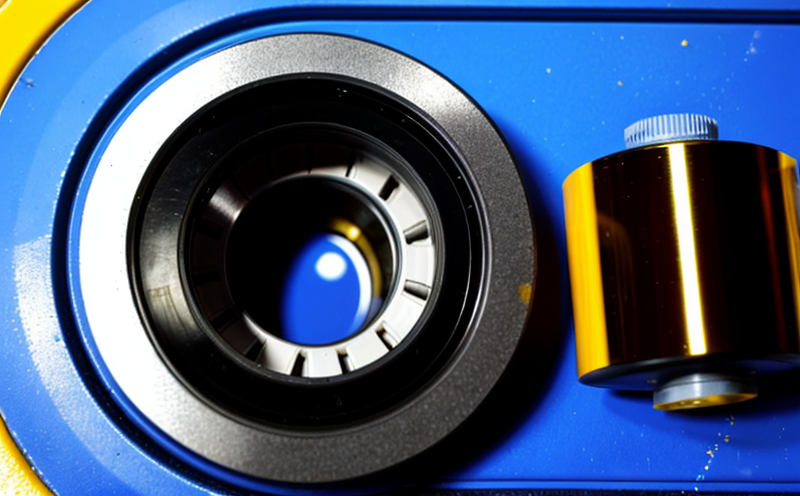Evaluating the compatibility of lubricants with aerospace materials and seals
Ensuring Optimal Performance Evaluating Lubricant Compatibility with Aerospace Materials and Seals
In the aerospace industry, performance is paramount. The slightest compromise in material compatibility can lead to catastrophic consequences, resulting in costly downtime, equipment damage, and potential safety hazards. One critical aspect of maintaining optimal performance lies in evaluating the compatibility of lubricants with aerospace materials and seals. This precise laboratory service is provided by Eurolab, a trusted authority in ensuring seamless interactions between various components.
Why Compatibility Matters
The complex interplay between lubricants and materials is often overlooked, but it can have far-reaching implications for aerospace operations. Incompatible lubricants can lead to issues such as
Reduced material lifespan
Increased friction and wear
Premature component failure
Enhanced risk of corrosion
These consequences can compromise the reliability and safety of aerospace systems, ultimately affecting mission success and crew well-being.
Benefits of Evaluating Lubricant Compatibility
Eurolabs laboratory service offers numerous advantages for businesses seeking to optimize their operations
Advantages Key Benefits for Aerospace Operators
Predictive Maintenance By understanding lubricant-material interactions, operators can anticipate potential issues before they arise, reducing downtime and increasing overall efficiency.
Cost Savings Evaluating compatibility helps minimize equipment damage, extends material lifespan, and reduces the need for costly repairs or replacements.
Improved Reliability Compatible lubricants ensure optimal performance, ensuring that critical systems operate within specified parameters.
Enhanced Safety By identifying potential risks, operators can take proactive measures to prevent accidents and protect personnel.
Compliance with Regulations Eurolabs services help aerospace businesses meet industry standards and regulatory requirements for material compatibility.
In-Depth Analysis Evaluating Lubricant Compatibility
Our expert team at Eurolab employs state-of-the-art equipment and techniques to assess lubricant-material interactions. This comprehensive evaluation includes
Material characterization (composition, properties)
Lubricant analysis (chemical composition, viscosity)
Interfacial testing (friction, wear, corrosion)
Compatibility assessment (compatibility matrix, predictive modeling)
Real-World Applications
The importance of evaluating lubricant compatibility cannot be overstated. Some common applications include
Engine oil and gear lubrication
Hydraulic fluid selection
Sealing material evaluation
Surface treatment optimization
By partnering with Eurolab, aerospace businesses can ensure optimal performance, safety, and compliance.
Frequently Asked Questions
Q What is the typical turnaround time for evaluating lubricant compatibility?
A Our team at Eurolab strives to provide results within 5-7 business days, depending on project complexity.
Q Can I request a customized evaluation or specific testing protocols?
A Absolutely. We offer tailored evaluations and testing protocols to meet your unique needs.
Q How do I prepare my samples for submission to Eurolab?
A Please follow our provided sample preparation guidelines to ensure accurate results.
Q Do you provide recommendations for lubricant selection based on compatibility data?
A Yes, our expert team will provide actionable advice to support informed decision-making.
Conclusion
Evaluating the compatibility of lubricants with aerospace materials and seals is a critical aspect of maintaining optimal performance in the industry. By partnering with Eurolab, businesses can ensure seamless interactions between components, reducing downtime, costs, and safety risks. Trust our expertise and cutting-edge laboratory services to drive your aerospace operations forward.




